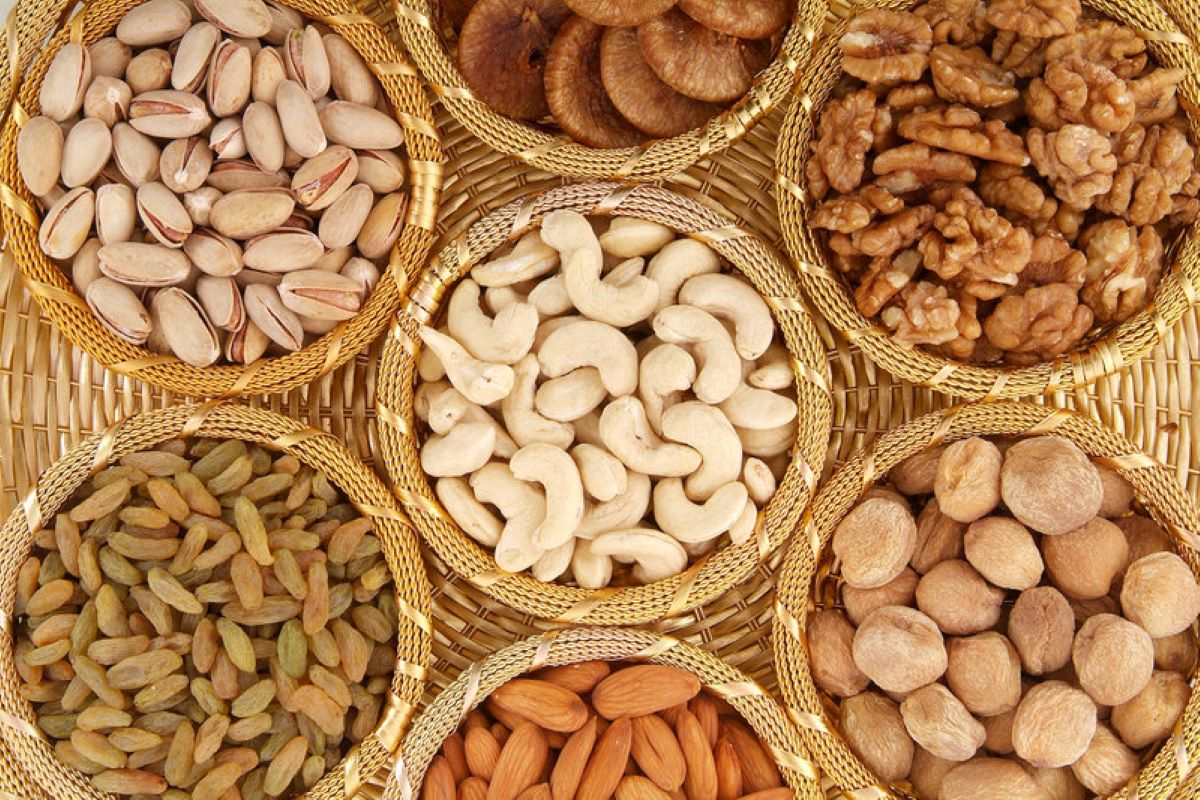The Taliban takeover in Afghanistan has adversely impacted the import-export trade in India — the largest beneficiary of Afghanistan’s exports — a development that has left traders, especially those importing dry fruits, worried.
Afghan exports to India include dried raisins, walnut, almond, fig, pine nut, pistachios, dried apricot, and fresh fruits such as apricot, cherry, watermelon, and medicinal herbs. India’s exports to Afghanistan include tea, coffee, pepper and cotton, toys, footwear, and various other consumable items, traders said.
Advertisement
Most of the imports from Afghanistan transit through Pakistan. The import-export shipments are currently stuck which may cause heavy losses to the traders, who may also see large amounts of payments blocked.
Vineet Sethi of Verdure Herbals from Delhi’s Khari Baoli said his dry fruits consignment comes via Attari (in Punjab), but it has been stopped since one and a half months already.
Echoed a worried Rajendra Bhatia of Ramco Traders from Mumbai, who deals in dry fruits and imports from Afghanistan, “We have not been in touch with people at that end for the last four days.”
Bhatia said his firm imported a truckload of dry fruits per week by road and now he has no option but to wait and watch.
Like Sethi and Bhatia, there are scores of traders who have faced hardships over the last few days. Since the last two days, cargo movement has totally stopped.
Director General and CEO of the Federation of Indian Export Organisations (FIEO) Ajay Sahay told IANS, “We have been given to understand that shortly, they (Taliban) are taking a review because the Taliban have said that they will see that businesses will not be affected. Not sure, how long it will last, but as of now, this is the situation.”
Bilateral trade between India and Afghanistan stood at USD 1.4 billion in 2020-21 as against USD 1.52 billion in 2019-20. Exports from India were USD 826 million, and imports were aggregated at USD 510 million in 2020-21, according to the Confederation of All India Traders (CAIT), a premier organisation of eight crore traders across India.
Most of India’s exports either go through the international north-south trade corridor routes or through Dubai (therefore) it has not been directly affected. “But looking into the growing uncertainty, wherever the exporters have time for delivery period, they are delaying the shipments. Whenever they are supposed to make the shipments, we are cautioning them to take the credit insurance so that even if the payment is not coming, they are not unduly worried about that. So, they should cover their risk,” Sahay said.
The traders cannot be sure what kind of instructions may come for the banks or what kind of businesses may be stopped there, he said.
CAIT secretary general Praveen Khandelwal advised the domestic exporters to remain alert and keep a sharp eye on the developments. He also urged the government that “it must take cognisance of it and help the traders in the event of facing a financial crisis.”
